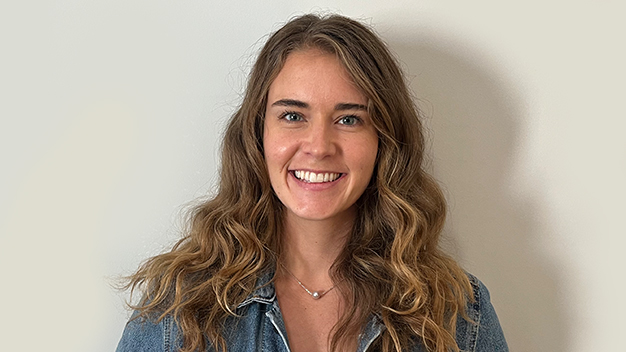Hiring for skills you don’t have
Oscar Baruffa

Episode notes
We were joined by Oscar Baruffa, Senior Analytics Manager at IDH.
We discussed the “soft skills” side of data science and how we manage ourselves, our teams and our projects – along with hiring.
Specifically at 34:14, Oscar talked about the difference in hiring to replace you versus hiring for skills you don’t have.
“When you’re getting into a management position, at some point you need to start hiring people and a team around you. Hiring is actually very different depending on different points in your career.
I thought that it had been the same, because I had done hiring before, even when I wasn’t a manager.
There comes this split that I think takes some people by surprise the first time. So before you’re, let’s say, a “manager manager”, if you are growing in your career and you do happen to be hiring someone, you are hiring someone most likely to replace you – like a more junior version of yourself.
You’re going to train them and you are an expert of some level, and you’re going to bring them up to your level or something like that.
You feel, I suppose, in a way, quite secure in what it is you’re doing because you’ve already got much more knowledge than them and you are bringing them up to your level. You feel very confident in answering the questions and mentoring them and all of that.
But it becomes very different if you’re starting to hire for skills you don’t have.
For example, I don’t have a stats background. I don’t have a data engineering background. I don’t have even that much, actually, of an analyst background. I was a market analyst, not a data analyst, per se.
When you start hiring these team members into your team, these are for skills I don’t have. It becomes much more difficult for me to also assess – what are they good at or not?
I first started – like I think most people start – trying to learn as much data engineering and data science as I could to try and just stay at least up with them. But there’s no way that you can do that.
It clicks and you’re like, OK, wait, my job is not to be the expert of all of the people in my team. I am the facilitator of their work. If I know more than them, that’s probably actually a problem.
We can’t have me spend 10% of time on all of these different vast fields while still being the expert in everything. That’s not going to be great and that’s quite a different switch.
I think it takes a bit of getting used to – to start not understanding bits of what it is. Then the tables turn a little bit. I’m in some ways the non-technical manager of technical people, although I’m kind of technical myself.
They’ll talk about things, and I also have to be like, whoa, whoa. Then I start also clicking a lot of what my directors and execs feel like sometimes. I’m like, yeah, you’re getting into way too much detail. I can’t do anything with what you’re telling me.
My role mostly is to try and not just prioritize work but try and help them uncover where there’s work that needs to be done. Or if there’s a dilemma, try and break down, well, what if we go this direction? How bad will it be if this happens? Or how good will it be if this happens? Can we weigh risk like this?
So I can convey to them as well where things just aren’t a priority. Because no matter what they do or stress about here, it isn’t going to matter later.
That’s quite a different ballpark. I think it probably happens the first time you hire someone that’s not a replacement for you, it’s an addition to your team. It can catch you by surprise.”
Featured in this episode

Oscar is a data professional who has spent most of his career in the field of sustainability. His current role as Senior Analytics Manager sees him managing a small data team that's doing some cutting edge work in the world of improving smallholder agricultural livelihoods. In his spare time he maintains a library of R programming books (BigBookofR.com) and blogs about data-related topics.


